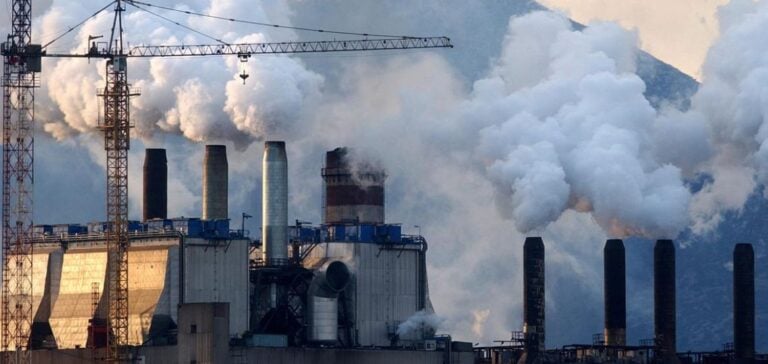Greece, faced with a significant rise in electricity prices, will impose an exceptional levy on energy producers over the next two months. Prime Minister Kyriakos Mitsotakis has announced that the proceeds will be used to subsidize electricity bills for households already affected by a cost-of-living crisis.
Rising electricity prices have been exacerbated by increased demand due to high summer temperatures, a phenomenon that scientists attribute to climate change. Faced with this situation, the government has decided to take steps to ease the pressure on consumers. At the same time, since January 2024, Greece has been eligible for aid from the European Union to modernize its energy system;
Electricity market in crisis
The current electricity price crisis in Greece is largely due to a distortion of the European energy market. This situation is exacerbated by the interconnections between European power grids, leading to supply shortages and higher prices in several countries, including Greece.
Last month, the Greek government extended an exceptional levy on energy companies for 2023, aiming to raise around 300 million euros. The funds are intended to support low-income pensioners, an initiative that underlines Greece’s commitment to protecting the most vulnerable segments of its population.
Prospects for the European energy market
Prime Minister Mitsotakis also stressed the need for a solution at European Union level to resolve distortions in the electricity market. Pending a collective response from the EU, Greece is taking proactive steps to protect its consumers from the effects of market fluctuations.
The announcement of the details of this new measure by the Ministry of Energy is eagerly awaited. Gas-fired power producers will be primarily affected by the levy, a move designed to redistribute income to mitigate the impact on households.
The current electricity price crisis in Greece reveals the complex challenges facing European energy markets. By imposing an exceptional levy on energy producers, Greece is taking concrete steps to protect its citizens, while calling for a broader solution at European Union level. This initiative demonstrates the Greek government’s determination to tackle the energy crisis while seeking sustainable solutions for the future.





















